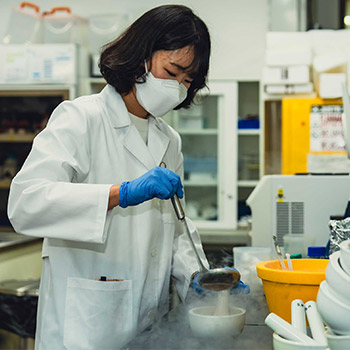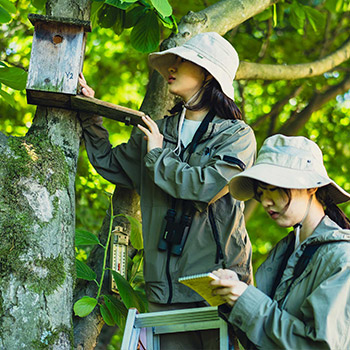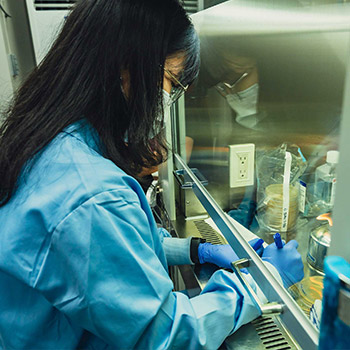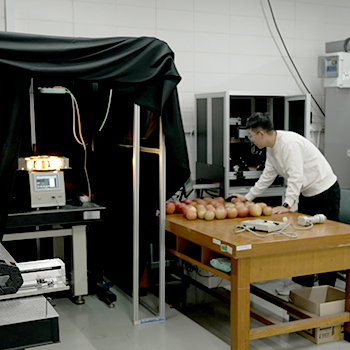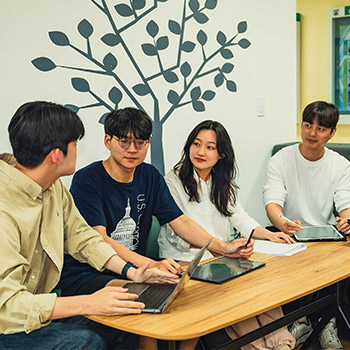
Seoul National University’s College of Agriculture and Life Sciences (CALS) boasts a wide array of programs that serve to foster the capabilities and inner drive within its students. Of these programs, the CALS Startup Competition is just the thing for any CALS undergraduate or graduate student interested in becoming an entrepreneur. This year, the college held its fifth annual startup competition, which recognizes and supports original business models applying technical skills and creative ideas relevant to the agricultural industry or biology.
The competition involves a two-step procedure to pick the cream of the crop. All competing teams must first pass a screening process done by startup experts and the Student Planning Committee. During this stage, the judges review project suitability based on creativity, technical ability, marketability, feasibility, readiness, and managerial ability. Those that pass document screening are then evaluated on their pitch deck, which is assessed according to a five-part criterion: managerial ability, business potential, technical ability, feasibility, and presentation. The winning team is awarded KRW 3 million. The second-place team is awarded KRW 2 million, and the two teams chosen for third place receive KRW 1 million each.
First place for this year’s competition went to team Wasabi House, and we had the opportunity to interview Minhue Jung, the team leader, who is currently majoring in Horticultural Science and Biotechnology.
Jung says the motivation behind their business plan came when he visited a restaurant. As he mixed the wasabi paste that came with his salmon and rice, Jung thought that, while wasabi sold to the mass market is easy to eat, authentic wasabi would be even better for Koreans to taste. In fact, 99% of wasabi in North America is not actually wasabi (1), a fact that would hold true just about anywhere else too. Even in instances where real wasabi is used, it makes up less than 1% of the paste – basically negligible (1).
Consequently, Jung and his teammates set out to come up with a business plan that focuses on selling high-quality wasabi plants grown in a greenhouse. Wasabi is notorious for being possibly the most difficult plant to grow commercially, but with the right strategies and facilities, Wasabi House proposes to harvest the plants to make products based on actual wasabi more available to the public.
For most early-stage startup founders, including Wasabi House, going beyond planning and taking the initiative is no easy task. In Wasabi House’s case, it was crucial to have a clear understanding of the cultivation conditions to create a design for a commercial farm. However, wasabi is not your typical crop for production, so it was tough to collect an adequate amount of information on its cultivation. Jung had expected to confront such challenges, nonetheless, as he compared launching this business to "jumping into the ‘blue ocean’" of unknown market space (2). He added that participating teams should be able to “anticipate how their business plans would be received by the judge panel.”
The startup competition was undeniably a valuable learning experience for the participating students, and Jung learned that "establishing a business cannot be achieved solely by its vision." He also mentioned that “ideas that spring upon us by chance are usually difficult to achieve" and that there were many ideas they had which had already been presented by others." In an effort to have his team stand out, Jung recognized that strengthening "one’s ability to accurately make what comes from the imagination into reality is fundamental" to forming a business model that embraces both innovation and feasibility.
At the present, the Wasabi House team members expect to continue their research on controlled-environment agriculture - more specifically, the factors that affect the efficiency of plant factories - by applying what they learned while preparing for the competition. Likewise, students who are not necessarily interested in business management/entrepreneurship can equally benefit from participating in the startup competition as it will enrich their circle of knowledge. On that note, Jung encourages "my fellow CALS students to fearlessly face the obstacles that arise with entrepreneurship" and participate enthusiastically in the competition.
With the conclusion of another successful startup competition, we can look forward to seeing in the next annual startup contest innovative business models that have the potential to advance the agricultural industry.
By Su Yeon Kim / Soo Yeon Hong
Student reporters, CALS

